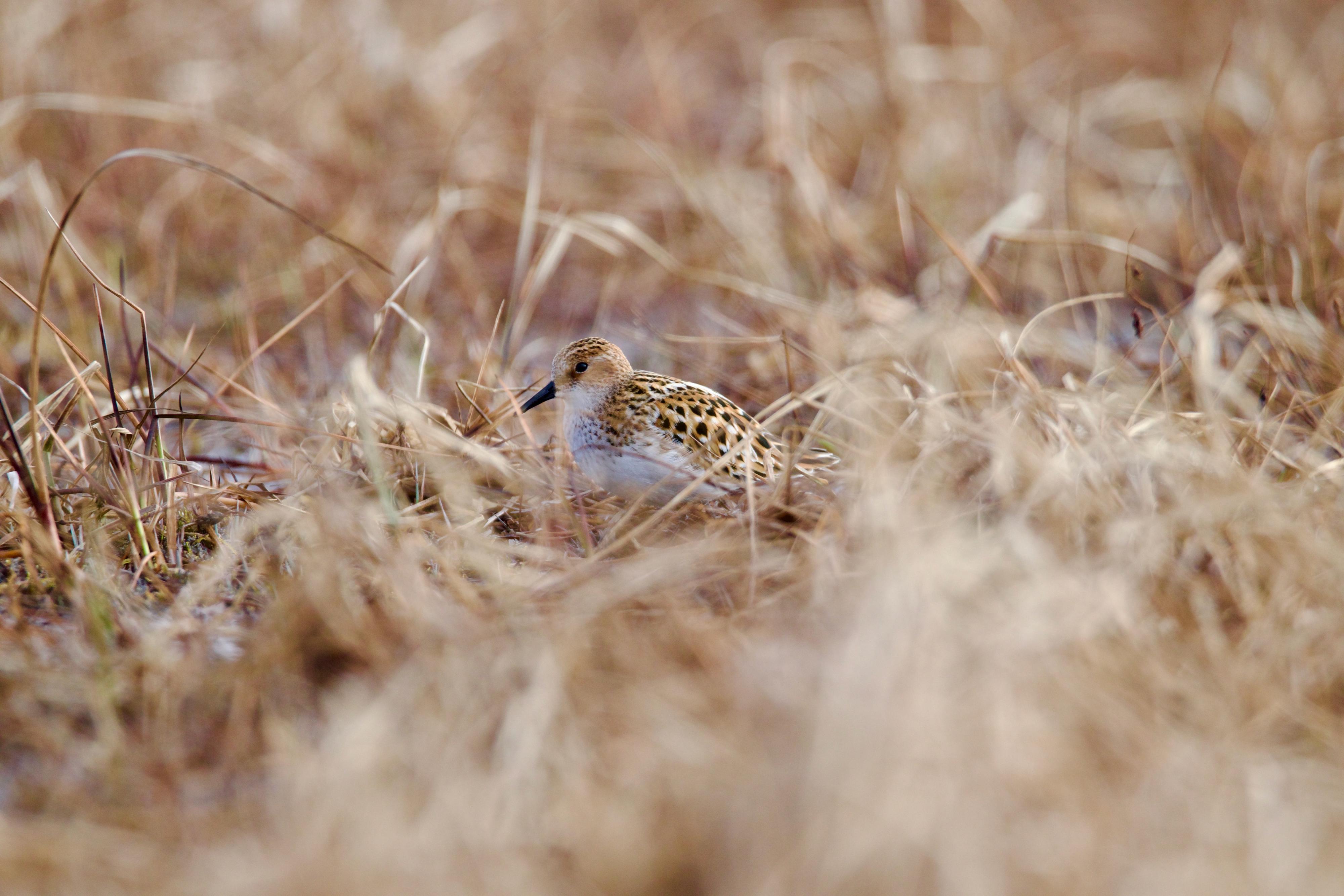I am mainly interested in questions related to the evolution of individual decision making. I do not focus on specific species or biological scales, but try to approach questions with a transversal perspective. I feel that there is a lot to be learned by conceptualising biological questions in a way that brings together similar issues that are primarily seen as unrelated. For this reason, I am interested and curious in discussions and collaborations with people from fields completely different from behavioural ecology.
I am used to using theoretical approaches, but I also have some fieldwork experience (especially in the Arctic tundra) and some background in biomolecular techniques.
Here are some of the main projects I am involved in:
The optimal responses to incubation related trade-offs#
Nesting species face conflicting demands. They must remain at the nest to care for their offspring, yet they also need to spend time foraging away to maintain their own reserves. Alternating between these tasks requires frequent recesses, which can signal their presence to predators. Additionally, incubating adults may cooperate in caring for offspring or choose to leave, passing the full parental duty to their partner.
By focusing on these specific constraints, I aim to disentangle the optimal responses to the resulting trade-offs. First, I was able to provided insight into the role of predation in shaping the evolution of parental care systems. I also highlighted the importance of considering not only the time budget but also the time schedule when studying time-constrained trade-offs, such as uniparental incubation. Currently, I am exploring the coevolution of prey and predator responses to the trade-off between concealment and visibility. While I use a modeling approach to address these questions, my work is grounded in long-term field data on Arctic ground-nesting shorebirds, allowing me to confront theoretical predictions with empirical results.
Collaborators: FX Dechaume-Moncharmont, Jérome Moreau, Olivier Gilg, Loïc Bollache, Léa Etchart, Laura Bonnefond, Thomas Pagnon, Thomas Koffel, David Pinaud, Frédéric Barraquand, Maria Teixeira, Agnès Hivet
The role of emotions in decision making processes#
Although animal emotions have long been discussed by biologists, they are now well established across a wide range of taxa. Yet, it remains unclear whether these emotions enable adaptive decision-making or are merely by-products of cognitive evolution. While negatively valenced emotions have been studied to some extent, positive emotions have received less attention from an evolutionary perspective.
Recent empirical evidence suggests that animals may express optimism biases in the context of mate choice. Verbal models have proposed that love could be adaptive, but this idea has not yet been rigorously tested. Overestimating a partner’s quality may serve as a stopping rule: when searching for a mate, it may be advantageous for an individual to settle on a sufficiently good partner rather than continue sampling indefinitely. In species with a finite breeding season, an optimistic individual could secure a mate more easily than an unbiased individual, who risks high lost opportunity costs.
To address this, I am exploring the question using a frequency-dependent modeling approach to provide a proof of concept.
Collaborators: FX Dechaume-Moncharmont, Agnès Hivet
